Fearing waning US role in Mideast, Israel warns Biden of Arab détente with Iran
The United States’ waning presence in the Middle East has set off alarm bells among the Israelis, with the regime’s President Reuven Rivlin warning his US counterpart, Joe Biden, that a plan to pull American forces out of the region will push Arab countries closer to Iran.
Quoting a diplomatic source, the Israeli newspaper Haaretz reported Monday that Rivlin, whose 7-year term ends next week, informed Biden about what it called “overtures” Iran is making to countries in the Arabian Peninsula region.
US media had earlier this month reported that the Biden administration was planning on withdrawing anti-missile systems from its bases across the Middle East, as well as hundreds of US troops stationed in the region.
A report by Wall Street Journal said the Pentagon plans to pull out around eight Patriot anti-missile batteries from Kuwait, Iraq, Jordan and Saudi Arabia, while reducing the number of fighter jet squadrons in Saudi Arabia, as well as removing the so-called Terminal High Altitude Area Defense (THAAD) systems from the kingdom.
US troops are also expected to withdraw from war-ravaged Afghanistan by mid or late July.
The report said Rivlin, during his meeting with Biden, raised concerns that the planned drawdown would bring “moderate” Arab states closer to Iran, without naming them, in remarks that observers believe lend credence to the widely-held opinion that the regime owes its existence to the US military presence in the region.
He also asked for precision-guided missiles from the Biden administration, as well as assistance in modernizing equipment, including helicopters, possessed by the Israeli regime’s military.
Israel and the Persian Gulf Arab regime had ironclad ties with the hawkish administration of ex-US President Donald Trump, who used to lend them all-out support in their campaigns of hostility against Iran and other adversaries in the region.
Trump used the joint Israeli-Arab front against Iran to make two vassal countries of Saudi Arabia in the Persian Gulf region — namely Bahrain and the United Arab Emirates — to normalize their relations with the regime in Tel Aviv.
Riyadh, however, resisted Trump’s pressure to publicly make peace with Israel, reportedly fearing Iran in addition to a backlash at home and among regional nations.
Shortly after Trump left the White House, Saudi Arabia — which had taken a tough, aggressive line under hawkish Crown Prince Mohammed bin Salman in treating neighboring Iran — sharply softened its tone toward the Islamic Republic.
Riyadh also engaged in a diplomatic process with Tehran behind the scenes in an effort to improve troubled neighborly ties with the Islamic Republic, shortly after Biden took office and signaled that the US would stop supporting the Saudi kingdom militarily in its war on Yemen.
Iran has time and again called for talks with Persian Gulf Arab neighbors, saying collective cooperation can help neighbors ensure the security of the region and warning that foreign military presence would only endanger peace in the neighborhood.
Israel concerned over efforts to revive Iran deal
The two presidents also discussed Iran and ongoing efforts to salvage the 2015 nuclear deal, with Rivlin making his exasperation clear.
Israeli regime officials have strongly opposed efforts made by Iran and the world powers in recent months to revive the deal the US government unilaterally abandoned in 2018.
The Biden administration, which had earlier pledged to return to the deal, has been dragging its feet and showing reluctance to make tough decisions, which some believe is due to pressure exerted by the powerful Israeli lobby in Washington.
“Things are still far from decided,” Biden told Rivlin, referring to ongoing talks in the Austrian capital Vienna, according to reports.
Hamas confirms handing approval of Gaza ceasefire deal to mediators
VIDEO | Iran: Show of strength
UNRWA will ‘stay, deliver’ aid to Palestinians despite Israel’s ban: Lazzarini
Explainer: What makes Iran's Rezvan and Raad loitering munitions prized assets?
VIDEO | Unseen agony: Missing loved ones of genocide in Gaza
Iran cuts gold import tariff to zero
Pezeshkian: Iran determined to develop, boost ties with neighbors
VIDEO | Israel, Hamas ceasefire agreement: Closer than ever


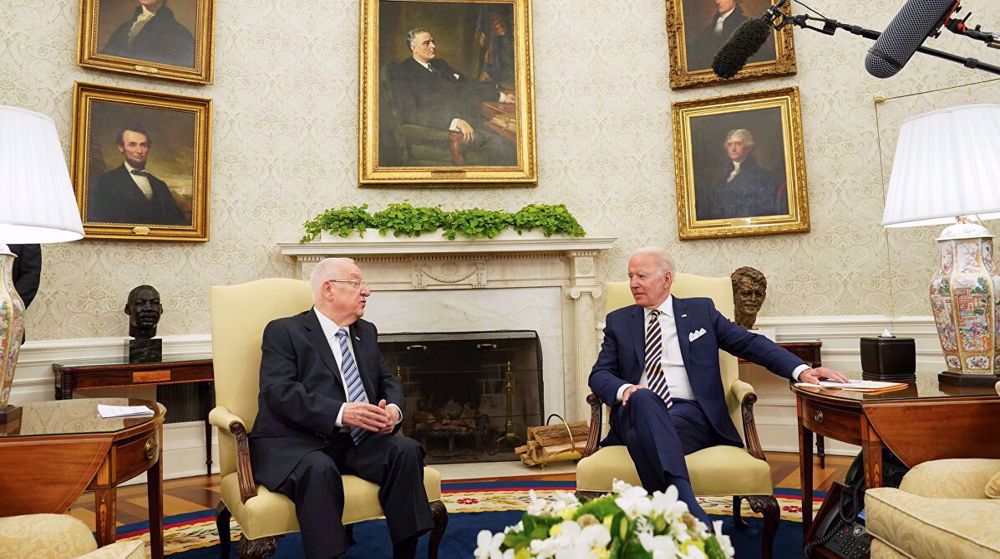
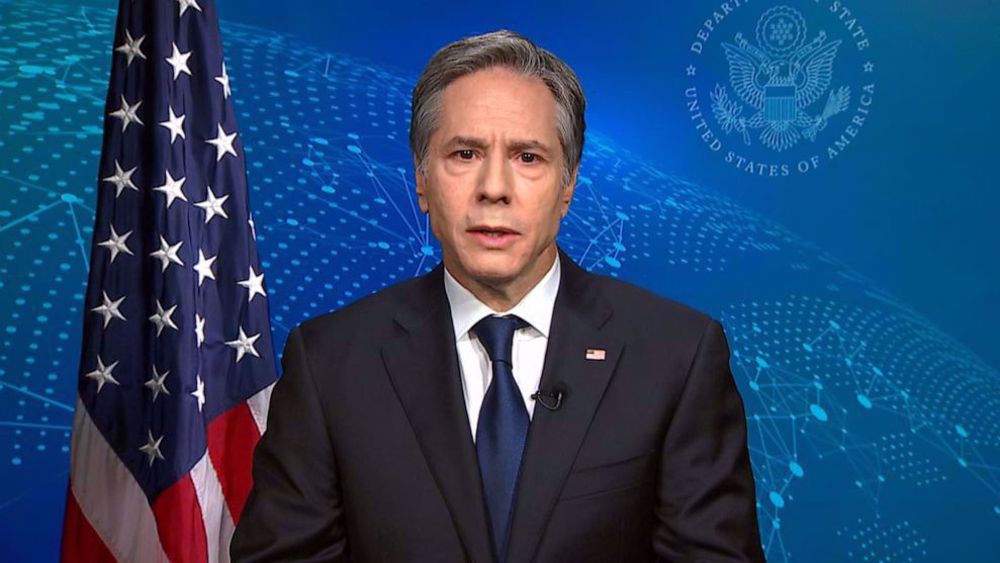

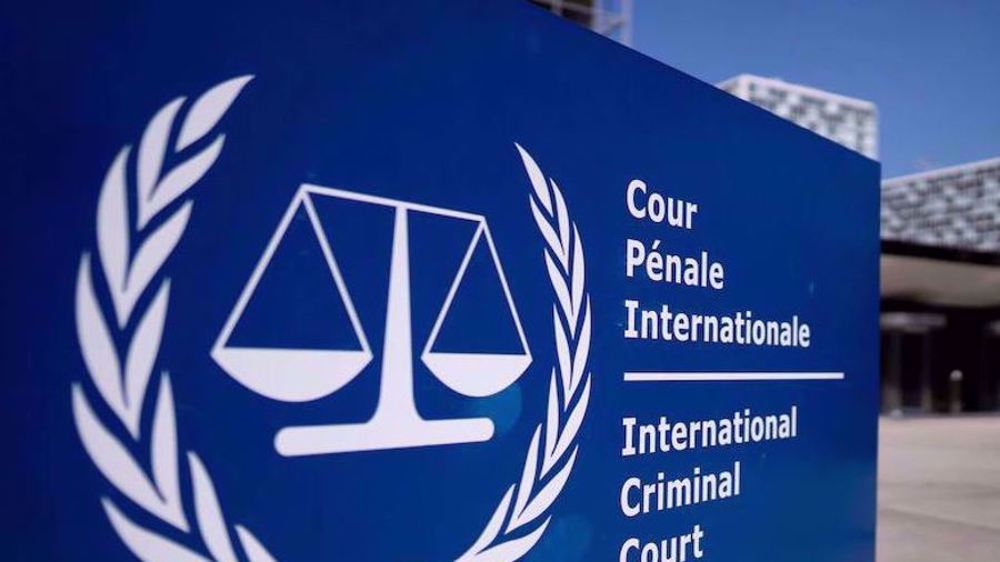




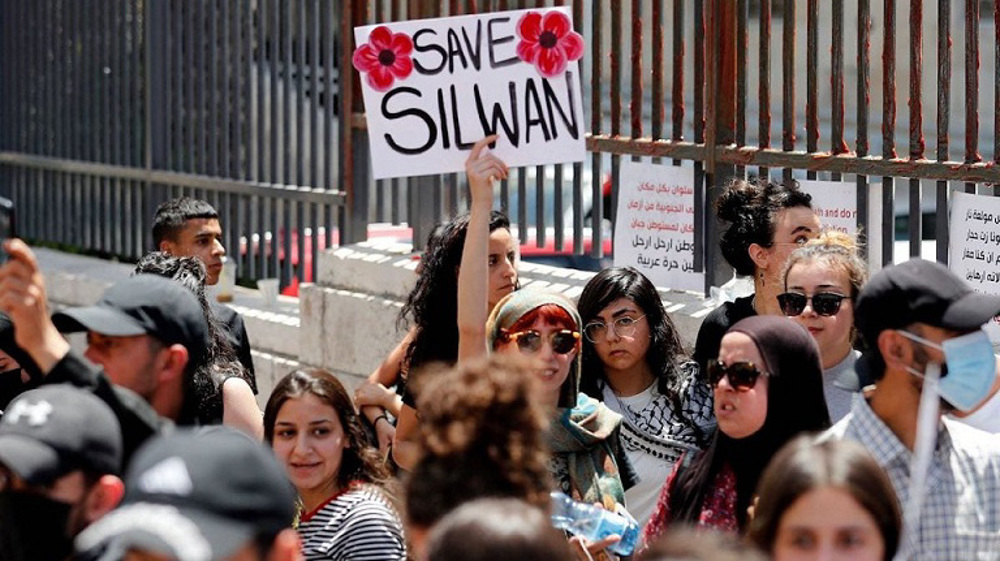
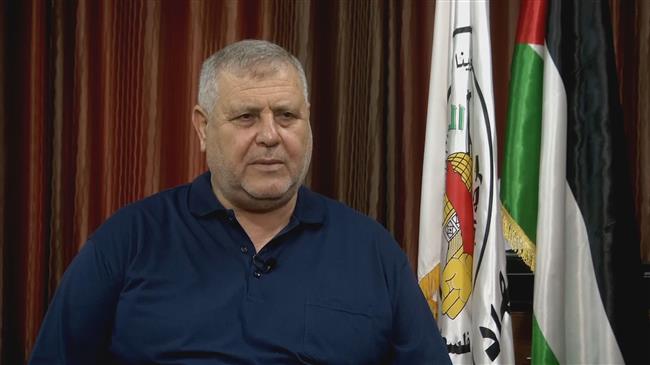
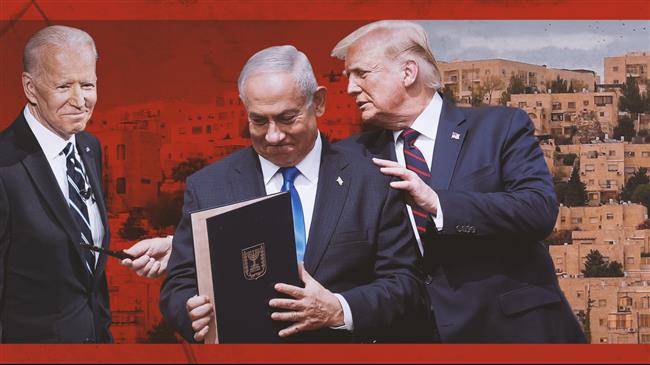

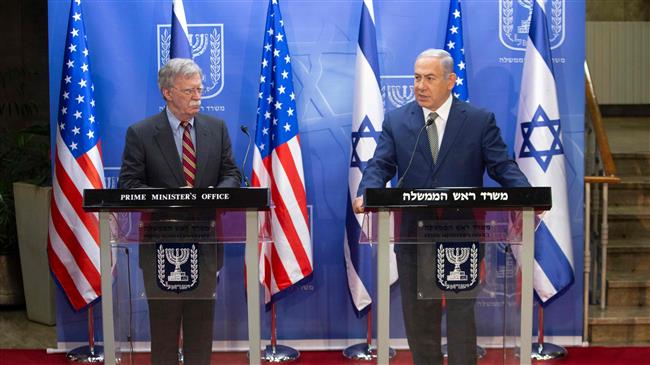

 This makes it easy to access the Press TV website
This makes it easy to access the Press TV website